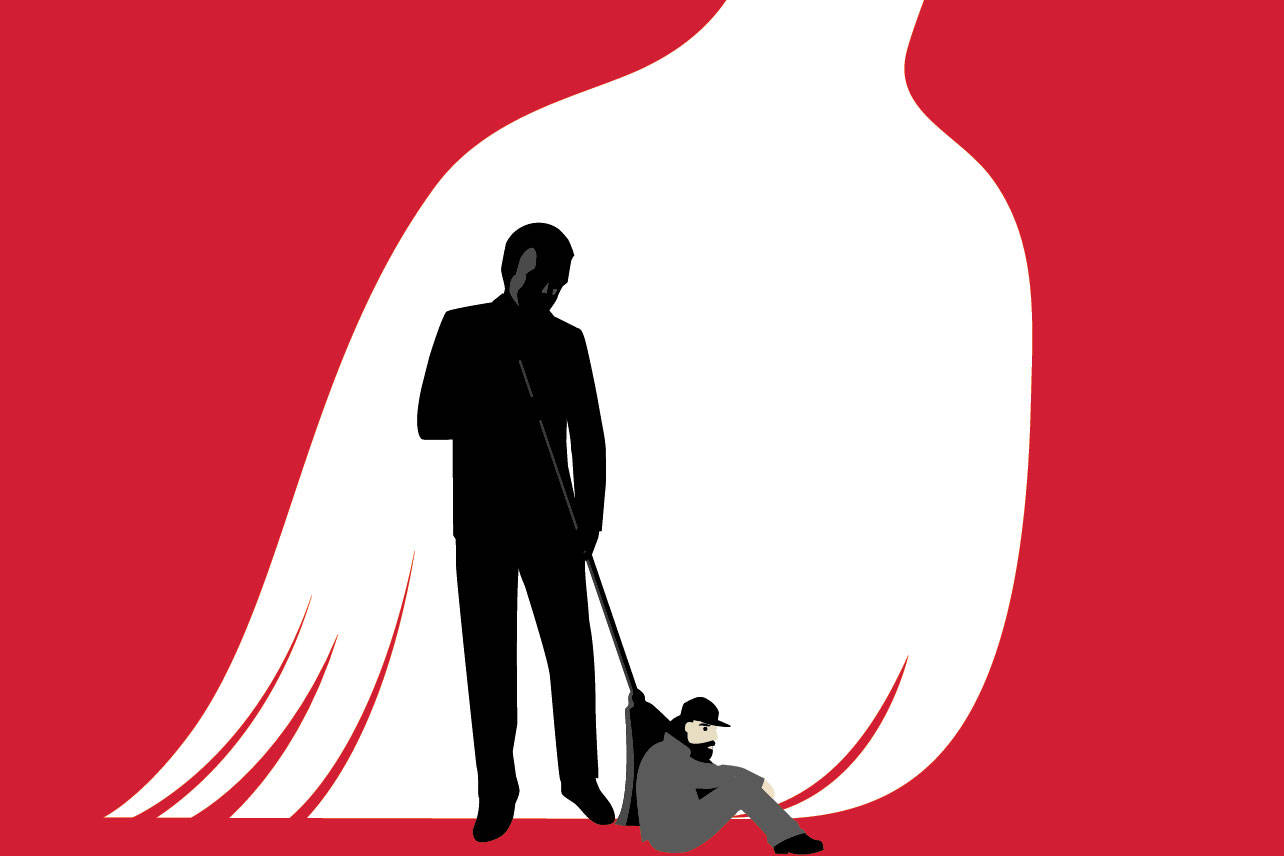Last Thursday at 2 p.m., Mayor Ed Murray was scheduled to hold a press conference to discuss a federal police monitor’s findings that the Seattle Police Department was in compliance with a consent decree aimed at reducing unnecessary use of force by local officers.
It was sure to be a triumph for the mayor. Just two days prior, U.S. Attorney General Jeff Sessions had suggested he would be reeling back use-of-force investigations by the Department of Justice, a move sure to please police departments that felt under siege by federal investigators. But the data released Thursday by federal monitor Merrick Bobb seemed to tell a clear picture: Five years after a federal investigation into Seattle policing prompted the consent decree, use of force by Seattle police was down “even as officer injuries have not gone up and crime, by most measures, has not increased.” In short, the consent decree was working, and the report offered Murray a perfect opportunity to restate the now-familiar refrain that Seattle stands as a shining counterpoint, a living rebuke, to Trump’s America.
Then the press conference was suddenly cancelled. Then The Seattle Times published the biggest local political story in recent memory: Three men claim Murray sexually abused them as underage teens in the 1980s, accusations Murray vigorously denies. Then the city found itself in a very unfamiliar place.
This all happened over the course of about four hours, but there has been little clarity in the six days since the story was published. After Seattle Weekly went to press on Tuesday, the case was thrown into even more confusion when Murray’s lawyer produced a doctor’s note that seemed to suggest the mayor did not have a mole on his genitals, as his accusers have claimed.
Since the story broke, pundits and politicians alike have seemed uninterested in commencing the political dogpile that often accompanies such scandals. Nikkita Oliver, to date Murray’s most formidable opponent in the 2017 election, released a statement saying she would not be addressing the allegations directly. City Council President Bruce Harrell, who would become mayor if Murray chose to step down, did the same. Even the slate of campaign operatives whom reporters keep on speed dial have been highly cautious about going on the record to talk about the accusations’ obvious political ramifications.
Whether it is the product of political fear or calculation, or of a sense of fairness for the mayor or respect for the accusers, the contemplative approach being taken is commendable. That Seattle’s political class has been able to hold its fire suggests that this city, for all its ambition, has retained some of the small-town civility it prides itself on. But that will change. When it does, it is important to keep this in mind: While one of Murray’s accusers has filed a lawsuit against him, this is most likely not a case that will be decided by a court of law, at least not initially. It will be decided first by us, the voters. We will each be asked, in essence, whether we find the accusations credible. If so, we cannot in good conscience support him. If not, then it will fall to the more common metrics of performance and platform to determine whether the mayor deserves a second term.
Even after Tuesday evening’s development, voters are still contemplating this decision with incomplete information. But more will come. As it does, we must all approach this information with minds unclouded by prejudice, just as any jury would. And we must be unafraid to talk about it, ending this relative silence with conversation that reserves judgment and recognizes—without falling into the trap of victim-blaming—that, given the mayor’s forceful denial, one may reasonably question accusations that date back to the 1980s, as these do; and—without falling into the trap of presumed guilt—that one may reasonably question why a person would perjure himself to make such an accusation, and why two other men would go on the record with similar charges.
We’re not prepared here to advise one way or another of thinking about the matter. What we can say is that the case calls for careful deliberation, not cheap speculation. The accusers, and the mayor, deserve no less.
editorial@seattleweekly.com





